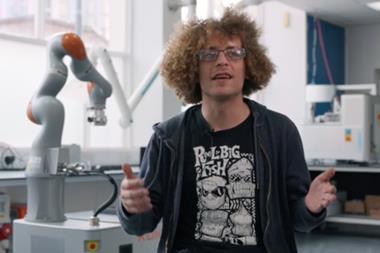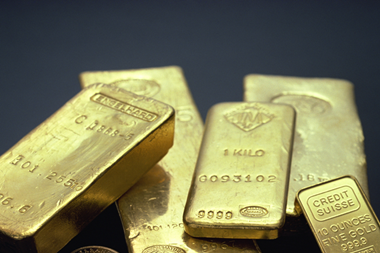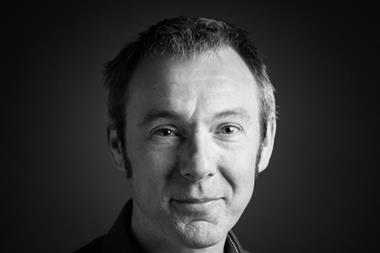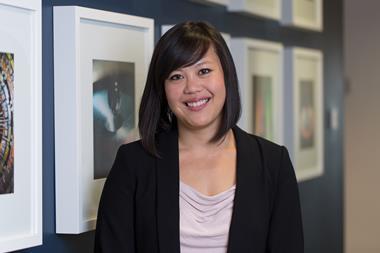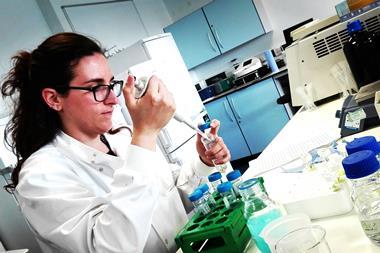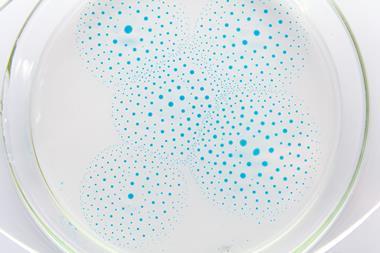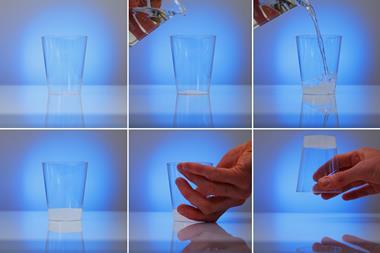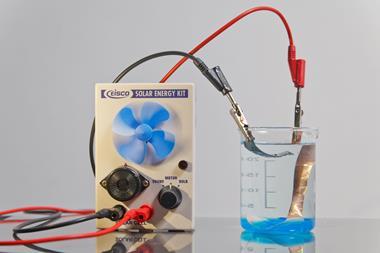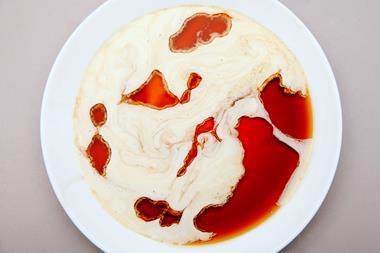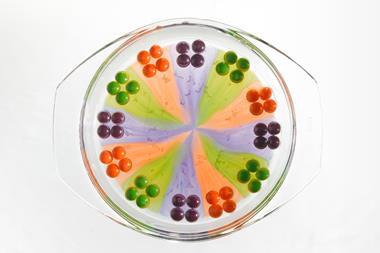Everything you need to know
-
- Salary range: £40k+
- Minimum qualifications: Degree-level qualifications (including master’s)
- Skills required: Digital skills, computational modelling skills, analytical skills, numerical skills, project management skills, organisation skills, communication, collaboration, problem-solving skills.
- Training required: Possible training in project management methodologies.
- Work–life balance: This role would likely involve working structured, business hours and there may be opportunities for hybrid working and working flexible hours.
- Career progression: Opportunities to progress to more senior and leadership roles.
- Locations: Find related work experience positions using our map of employers
More profiles like Stuart's
My name is Stuart, I’ve been working in Amsterdam for Shell for two years, I grew up in Libya, North Africa, moving back to the UK for my studies. My background is in Chemistry and I did my undergraduate in chemistry at Loughborough University, I did a placement year in AstraZeneca, the pharmaceutical company, then I did my PhD for Frank Marken at Bath University in physical chemistry. That was over a three-year period and now I find myself here in Amsterdam working for Shell.
What does your current role involve?
My job title in Shell is ‘project leader of enhanced experimentation’ which is quite a broad term but essentially it means finding ways to make research and development happen faster, allowing more research and development processes. It uses a combined set of tools, from robotics and automation, high throughput experimentation, fast analytical methods, computer modelling and data basing. But the overall theme is to use these tools to allow researchers to get useful results faster and the overall theme is allowing research to hit the market quicker to allow people’s bright ideas to have an impact on the business faster.

Part of doing things faster is doing things in parallel, to get more results, you need to build more reactors. It’s much easier to build one hundred of these in comparison. So one part of the job is looking at miniaturisation, how do you take larger-scale processes and essentially the large-scale process of this is a chemical refinery. So you’ve taken it down to this level, can you take it down still further and have the same process occurring at a small scale. Build many of them and therefore do many more tests and get more data for your process and eventually what that means is your catalyst, or your chemical process will be developed faster. It’s working with chemists, it’s working with engineers, it’s working with geologists, electrical engineers, analytical chemists and in a wide range of areas within Shell, so at the moment there’s currently running about fifteen projects, in fuels, in lubricants, in our oil sands operations, in our geology operations, our exploration.
It also involves going to look at opportunities outside Shell, so looking at companies, for example specialists in robotics and automation. Visiting companies, seeing what they can do and bringing their technology inside Shell for our benefit. So it’s like technology-scouting and seeing if those concepts can work in the energy industry. There have been projects in India, there have been projects in Canada, in Houston in North America, in the UK, in Germany, and also the companies that I work with are from different parts of the world as well.
What do you enjoy most about your job?
I get exposure to a lot of different areas of technology in many parts of the world, it’s a real interesting, fascinating job because you can be on the ‘phone with a computational chemist in India in the morning, and then in the evening you’re on the ‘phone with a geologist in Houston. On Friday afternoon I’m sitting in a chemistry lab in Bath, finishing off my PhD and then on Monday I’m sitting in Amsterdam, with the day-to-day running of enhanced experimentation throughout Shell.
First published 2013








